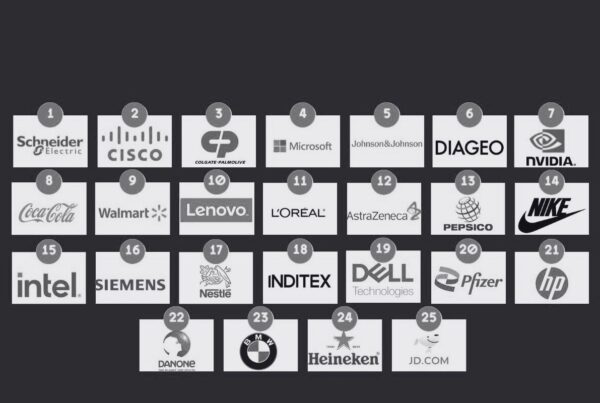If you’re in recruiting today, your job will be very different in 5 years — even if you keep the same job title. That’s because the role of recruiting itself is evolving, recruiting teams will be called on to develop new skills, master new metrics, and adopt new tools. You’ll take on a more visible, strategic role within the business. And you’ll seriously rethink the way you see your job.
Here are 5 predictions on how recruiting will be different in 2021
- Recruiting will become even more important than it is now
The recruiters have become recruited. According to LinkedIn data, demand for recruiting professionals has jumped by 63% since 2016, and we expect that trend to continue. Why? Talent will simply matter more. As automation takes over our most repetitive tasks, the work left to us humans will be more creative, less predictable, and more consequential to the business overall.
- You’ll have to get used to changing your hiring plans
Every team has hiring goals that change over time, but if you feel like the pace of change has been speeding up lately, you’re not alone. As business models, markets, and goals change rapidly, recruiting teams will need to be able to pivot quickly.
- Recruiters will bring more business strategy
Many recruiting jobs still revolve around executing a few core tasks, like sourcing, interviewing, or closing candidates. It’s one thing to execute a hiring plan, but it’s quite another to design a hiring plan — and in the future, companies will ask recruiters to do both. Strategic thinking, problem-solving, and general business acumen will be as important as knowing the ins and outs of recruiting. We already see this at the highest levels of talent acquisition, where more than one in three (35%) current heads of recruiting came from a role outside of HR, according to LinkedIn data.
- It’ll be easy to track recruiting activity, but you’ll care more about calculating the business impact.
Time-to-hire is the most commonly tracked hiring metric, according to LinkedIn’s survey. But as AI platforms make it easy to automatically log action-based metrics, your attention will turn to measure business outcomes. While time-to-hire is useful for setting expectations, it doesn’t tell you anything about the business impact — after all, the best hire isn’t always the fastest hire. Quality of hire is also difficult to measure, so you’ll need to figure out the best way to approach it.
- Engaging passive talent, analyzing talent data, and advising business leaders will be key skills for recruiters
These skills are pretty valuable today, but they’ll be invaluable in the nearest future: engaging passive candidates, analyzing talent data, and advising business leaders. Over 80% of recruitment professionals in a LinkedIn survey agreed they’re all growing in importance for recruiters. Platforms like LinkedIn have made it far easier to identify amazing candidates. But with so many other recruiters going after that same talent, the real challenge will be standing out from the crowd and truly connecting with candidates.
Final thoughts
Businesses will need recruiters more, and recruiters will be called on to do more: to engage passive candidates inundated by offers; to analyze talent data and advise leaders; to tease out long-term business results and forecast future hiring needs; to master new technologies and to build new types of teams. Preparing today will leave you better equipped for whatever the future holds.
Bastian Consulting is a boutique search practise that concentrates on sourcing leaders that deliver change across the Asia Pacific, we have the expertise to source leaders that can transform your business and thrive in times of rapid change. To know more, you can reach out to Tony on +61 (0) 409 090 434 or tony@bconsult.io





